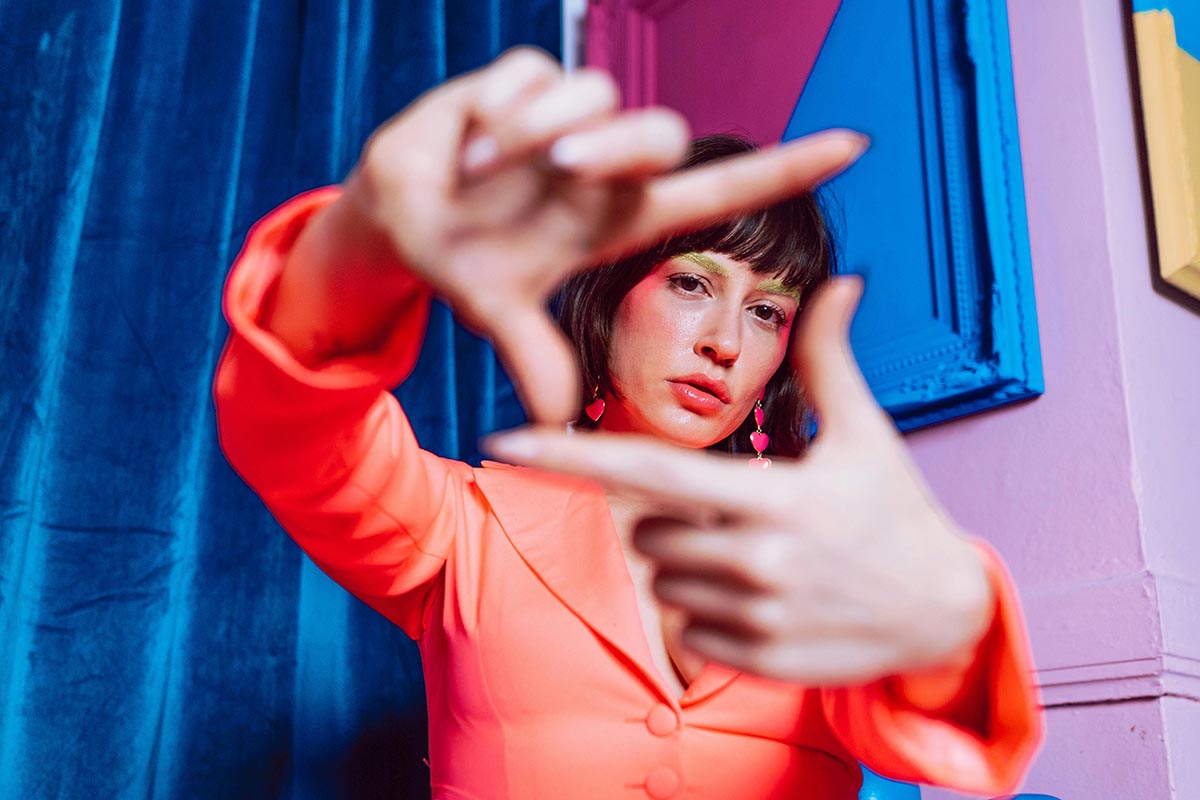Why Are Millennials Always Anxious?
Key Points
- Market with empathy, not pressure. Millennials respond to brands that validate their struggles and offer real, relatable solutions.
- Turn anxiety into trust. Use social proof, authentic storytelling, and messaging that makes them feel understood and in control.
- Sell experiences, not just products. Millennials value emotional connections and seek brands that align with their identity and lifestyle.
Millennials are used to high expectations and harsh self-criticism.
They rarely acknowledge their achievements because their inner voice always whispers: “It’s not enough.”
✅Fear of financial instability – Memories of economic crises and uncertainty make it hard to relax.
✅Fear of losing their job – Constant competition and the pressure to “measure up” turn work into endless stress.
✅Fear of being abandoned – A generation raised in an era of divorces, independence, and digital dependencies often struggles with the fear of losing meaningful connections.
Compliments = Stress?
When a millennial receives praise, they don’t feel joy—they feel the need to justify it.
Because compliments validate success, and success, in their minds, demands punishment in the form of self-doubt and guilt.
When Do Millennials Feel at Ease?
When the world is falling apart. Because only in moments of chaos do external events finally mirror their internal state.
This isn’t just pessimism—it’s the habit of living in constant crisis mode, where anxiety has become the norm.
How to Use Millennial Anxiety to Win Over Millennials in Marketing
Millennials are a highly engaged but highly anxious consumer group.
They crave authenticity, security, and reassurance in an uncertain world.
If your marketing speaks directly to their concerns, validates their experiences, and offers a sense of control or relief, you win their trust and loyalty.
Here’s how you can leverage millennial psychology in marketing
1. Sell Reassurance, Not Just Products
Pain Point: Millennials constantly feel they’re falling behind—whether in finances, career, or personal life.
Marketing Strategy: Position your brand as a stress reliever and life-simplifier.
✅ Examples:
- Fintech Apps → “No more money stress—track your spending effortlessly.” (Budgeting apps like YNAB or Mint use this approach.)
- Career Platforms → “Land your dream job without the burnout.” (LinkedIn Learning and Upwork frame themselves as career safety nets.)
- Self-Care Brands → “You don’t need to earn rest—just take it.” (Wellness brands like Calm and Headspace focus on guilt-free relaxation.)
2. Normalize “Not Being Enough” – And Offer a Solution
Pain Point: Millennials feel pressure to be successful, productive, and perfect at all times.
Marketing Strategy: Acknowledge their struggles and provide realistic, attainable solutions.
✅ Examples:
- Productivity Apps → “You don’t need to hustle 24/7—just focus on what matters.” (Notion and Todoist emphasize simplicity over burnout.)
- Skincare Brands → “Forget ‘perfect skin’—let’s focus on healthy skin.” (Brands like The Ordinary and Curology shift the focus from perfection to self-care.)
- Fitness Brands → “Movement, not punishment.” (Peloton and Nike have embraced body-positive fitness messaging.)
3. Turn Their Anxiety Into Social Proof
Pain Point: Millennials second-guess their decisions and seek validation before making purchases.
Marketing Strategy: Use social proof to eliminate decision fatigue and reinforce that they’re making the “right” choice.
✅ Examples:
- E-commerce → “98% of buyers say this product changed their life.” (Amazon’s ‘Most Loved’ and Glossier’s ‘Top Rated’ sections create a FOMO effect.)
- Subscription Services → “Join 2 million people finding peace of mind.” (Streaming services like Spotify and meditation apps use subscriber numbers to build trust.)
- Influencer Marketing → “Here’s why I stopped stressing over [problem]…” (**UGC and influencer reviews work because they create relatable validation.)
4. Make Chaos Relatable—And Your Brand the Anchor
Pain Point: Millennials feel unstable in a world that seems to be falling apart.
Marketing Strategy: Make your brand the thing that keeps them grounded.
✅ Examples:
- Comfort Food Brands → “When life’s a mess, at least your mac & cheese is reliable.” (Kraft leans into nostalgic, comforting marketing.)
- Newsletters & Media → “Everything is changing—stay informed, not overwhelmed.” (Morning Brew and The Skimm use bite-sized, digestible news formats to reduce information overload.)
- Finance & Insurance → “Your financial safety net in an unpredictable world.” (Millennials want stability, so brands like Lemonade and Wealthfront position themselves as future-proofing tools.)
5. Sell Experiences, Not Just Products
Pain Point: Millennials don’t just want to buy—they want to feel something.
Marketing Strategy: Shift your messaging from transactions to transformation.
✅ Examples:
- Travel Brands → “Collect memories, not things.” (Airbnb and Delta market experiences over material possessions.)
- Tech Gadgets → “Reconnect with what matters.” (Apple’s marketing isn’t about specs—it’s about creativity, connection, and storytelling.)
- Luxury & Fashion → “It’s not just an outfit, it’s confidence.” (Brands like Everlane and Aritzia focus on self-expression and emotional impact.)
How to Win Over Millennials: Market to Millennials With Empathy, Not Pressure
Millennials don’t trust traditional marketing, but they love brands that “get them”.
To capture their attention (and their wallets), you need to:
✅ Speak to their fears and anxieties, but offer a real solution.
✅ Validate their experiences instead of adding pressure.
✅ Make your brand feel like a reliable friend, not just another company selling something.
If you get this right, you’re not just selling a product—you’re giving them a reason to trust you.





















